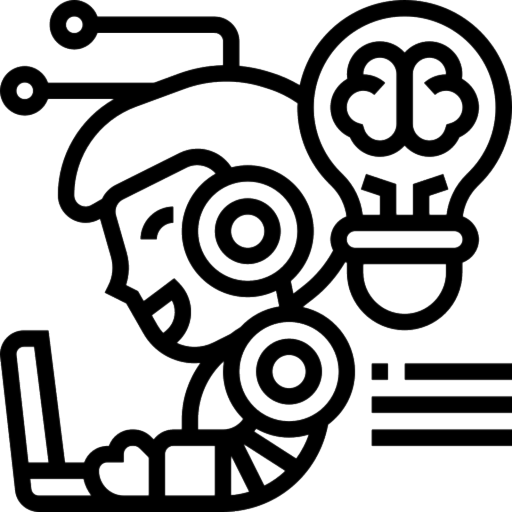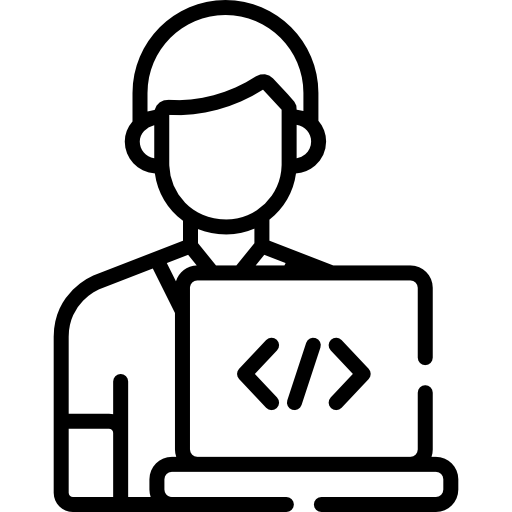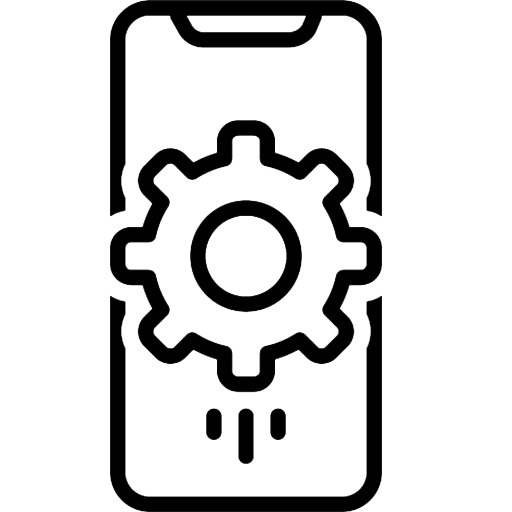Overview¶
CLAID is an open-source framework based on transparent computing which allows to build machine learning, data analysis and data collection applications across different devices, operating systems and programming languages. Using CLAID, you can samlessly deploy machine learning models and algorithms to edge- and cloud-devices. If you have existing code in Python, you can inject it into one of our Android, WearOS, or iOS applications, effectively deploying your model without having to write an App yourself. Besides, CLAID offers ready-to-use Modules for data collection, machine learning and visualizations, which you can combine using our CLAID Designer to create complex applications. CLAID is compatible with Android, iOS & WearOS as well as Linux & macOS and provides API bindings for Python, Java, Dart and C++, offering seamless ("transparent") communication across different devices and programming languages.
CLAID is driven by our Digital Biomarker Research, using mobile devices like Smartphones, Wearables, and IoT to gather datasets for training and evaluation of Machine Learning-based Digital Biomarkers. We observed a lack of tools to easily deploy our Digital Biomarkers for validation in real-world scenarios. To that end, CLAID offers a unified solution for both data collection and deployment of trained models, a critical step in Digital Biomarker research. Beyond this domain, CLAID holds potential for Mobile Computing, Mobile AI, Edge Computing, Distributed Computing Data Collection applications scenarios.
Who is CLAID for?¶

Machine Learning Researchers
Machine Learning
Particiularly for researchers interested in exploring the aspects developing and deploying machine learning models on edge or mobile devices.

Clinical & Digital Biomarker Researchers
Clinical Research
For researchers and clinicians who want to collect data from mobile devices or verify machine learning models during medical and digital biomarker studies

Software Engineers
and Developers
Software Engineering
Software engineers who are interested in developing and deploying machine learning, data collection or distributed-computing applications in edge or edge-cloud scenarios.
Key highlights and capabilities¶

Machine Learning on Mobile Devices
Machine Learning
CLAID provides support for Python on Android and WearOS, allowing to use many of the existing machine- and deep learning frameworks on mobile devices. You can inject existing machine-learning code into any CLAID App without having to create an App yourself. Additionally, CLAID provides support for hardware acceleration for certain models, e.g. via TensorFlow.

Data Collection and Streaming
Data Collection
CLAID offers a novel approach to Data Collection on Mobile Devices. Isolated and loosely-coupled Sensor Modules can collect data from sensors either available directly on the device, or paired via an external bluetooth connection. Data serialization and synchronization are configurable and handled automatically, even if you add your own custom Sensor Modules.

Cross-platformDistributed Computing
Distributed Computing
By leveraging transparent computing, CLAID enables communication across different operating systems (Android, WearOS, iOS, Linux, macOS) and programming languages in realtime to distribute computational tasks.

Long running & stable services
Stable background operation
CLAID implements best practices to keep an App running as long as possible, dodging interference by the operating system wherever possible.

Advanced device
management
Device Management
CLAID offers Advanced Device Management on Android/WearOS, termination of Apps, allowing to control Bluetooth or Wifi states from the background.

100% Open Source
Open Source
All components of CLAID are 100% open-source and released under the Apache2 license. Check out how to build CLAID from source

Full end-to-end
encryption
Encryption
We are currently implementing encryption for data storage on device and data transmission!

Quality assurance
CI/CD
Quality assurance CI/CD
CLAID's codebase is tested via unit and integration tests. Any commits to the code bases are tested automatically. Upon successfull compilation, ready-to-use packages (AAR, PIP, PUB) are automatically generated.